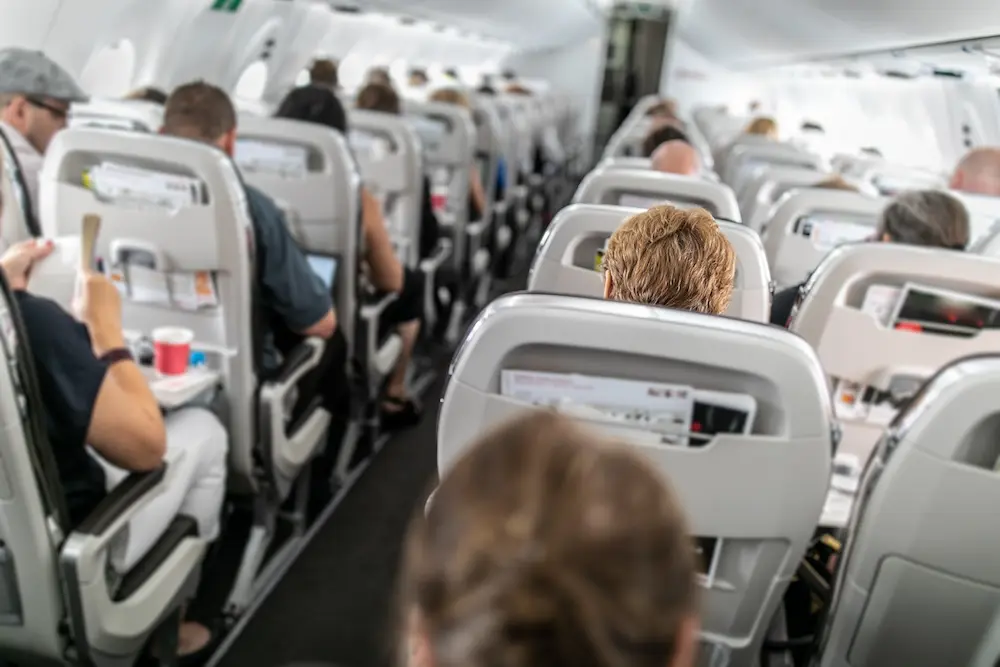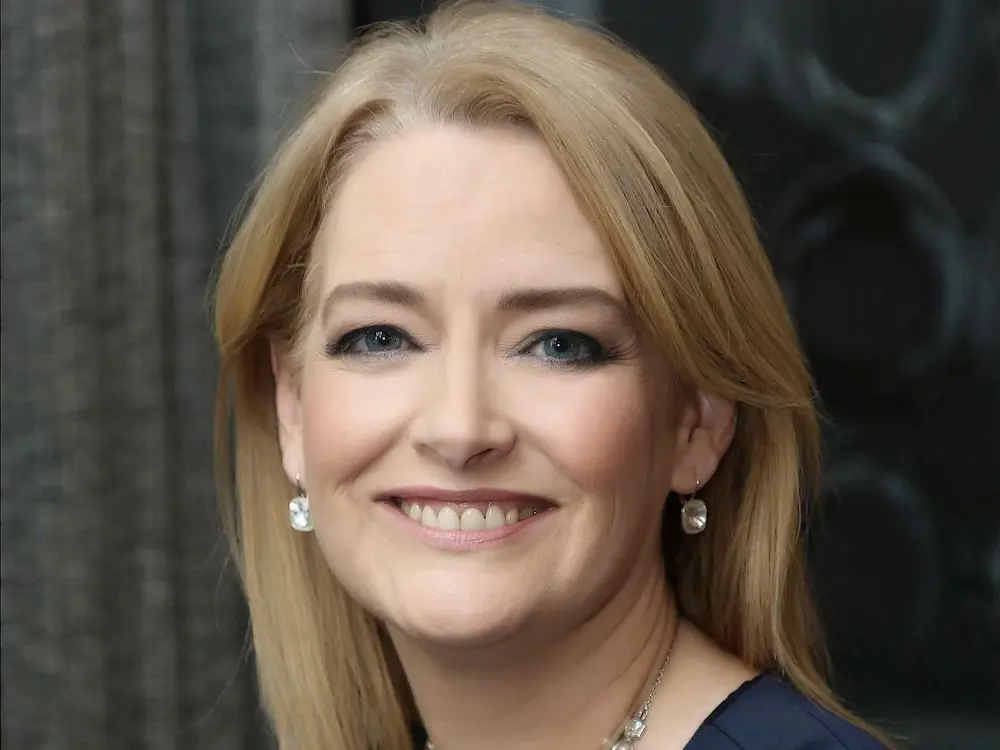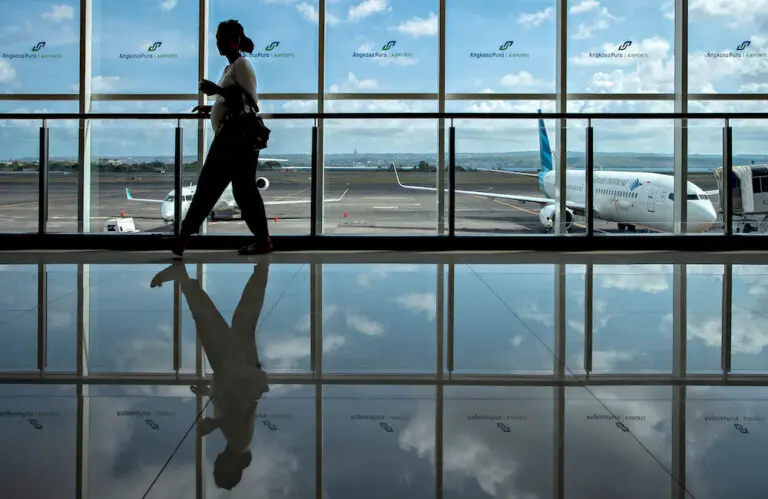As geopolitical tensions rise in the Middle East, air travellers – especially those flying for business – may naturally reflect on the safety and reliability of their flight paths. The dynamics between Israel and Iran highlight the challenges affecting air route planning.
Amidst this uncertainty, it is reassuring to remember that air travel remains the safest form of transportation, thanks in large part to a dedicated group of specialists who work tirelessly behind the scenes: the route planners.
In the complex world of airline operations, route planners are the unsung heroes who combine art and science to chart the safest paths through ever-changing airspace conditions. Their role, essential to everyday travel, becomes even more critical amid geopolitical tensions that may restrict certain airspaces or alter established routes.

Current events shine a light on the importance of these skilled workers. With airlines considering tweaks due to heightened tensions in the Middle East, route planners are showing remarkable adaptability and strategic foresight. They focus not only on safety but also on efficiency, ensuring minimal disruptions for passengers, particularly business travellers who rely on timely arrivals to fulfil their commitments.
People can remain confident in their journeys, thanks to the meticulous efforts of route planners who employ sophisticated technologies and data analytics. They utilise GPS systems, real-time data feeds, and artificial intelligence tools to craft routes that navigate potentially risky areas while maintaining travel efficiency. Their work is underpinned by a deep understanding of international airspace regulations and geopolitical developments.

Collaboration is at the heart of effective route planning. Planners engage closely with governments, aviation authorities, and other airlines to access vital and up-to-date information, enabling informed decisions.
Their skilful integration of diverse information into cohesive strategies ensures that both business and leisure travellers can continue to reach their destinations safely and on time.
For companies dependent on frequent air travel, the assurance of safety in airline route planning provides the ultimate peace of mind. The complex processes undertaken by planners mitigate risks and adapt to fluid geopolitical landscapes, preserving trust among travellers and ensuring continuity even when airspace restrictions arise.

While the world watches events in the Middle East unfold, it is comforting to know that dedicated professionals are diligently safeguarding our journeys through the skies. By recognising the pivotal work of route planners, we appreciate the blend of precision, innovation, and foresight that propels modern aviation forward.
As business travel remains vital to global connectivity, passengers can be assured that these unsung heroes are expertly guiding the way, merging safety with efficiency to keep the world moving. We owe a debt of gratitude to those crafting the pathways and orchestrating the highways in the sky, helping air travel stay the safest and most reliable form of transportation.
Jo Lloyd is the Global Head of FCM Consulting, a Flight Centre Travel Group brand.
For the latest news on flights and travel to, from and through the Middle East, check out our rolling updates.





